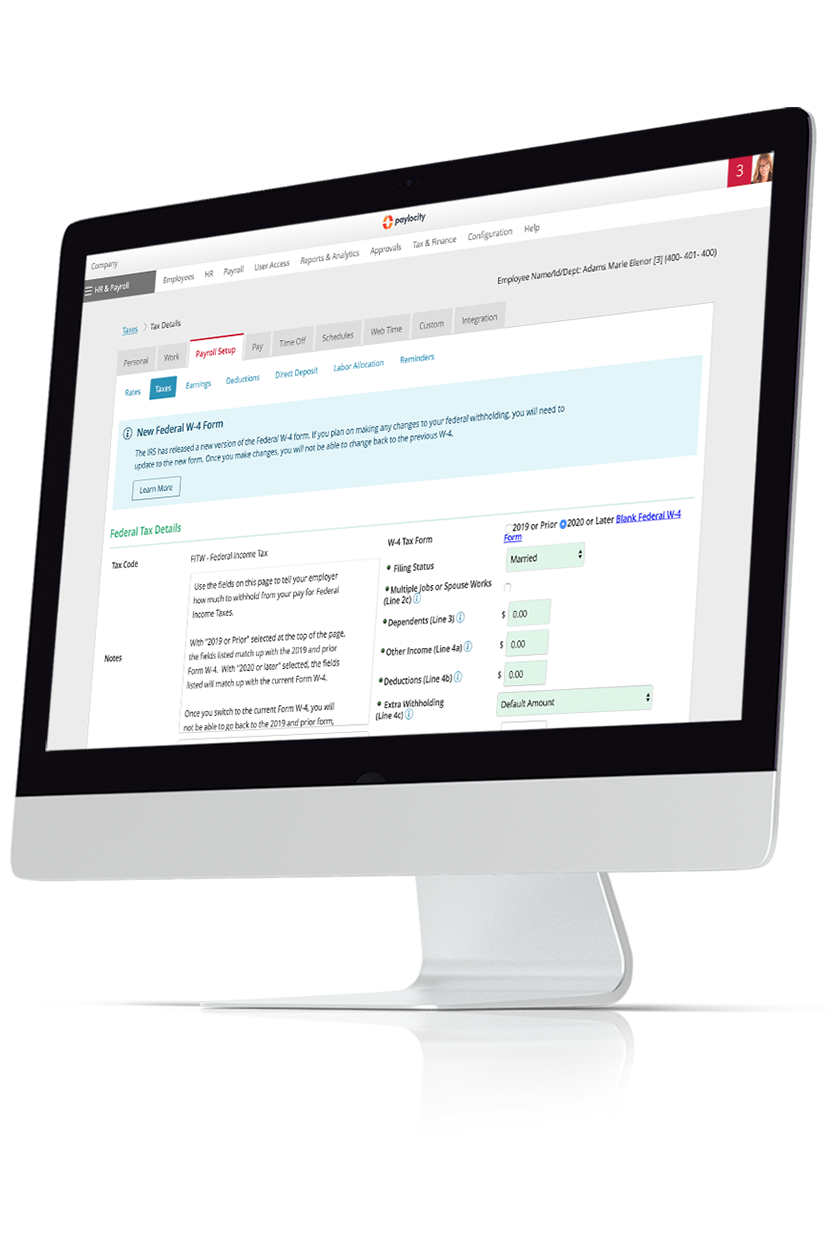State Income Tax (SIT)
Summary Definition: A personal income tax imposed by individual states on income earned by residents and non-residents working within their jurisdictions.
What are State Income Taxes (SIT)?
State income tax (SIT) is an amount paid to a state government by residents, workers, and businesses within the state’s borders.
Similar to federal income taxes (FIT), state income taxes generate revenue for government operations or projects (e.g., state law enforcement, roadway improvements, public libraries, etc.), but vary in size and structure.
Key Takeaways
- State income taxes (SITs) are imposed at the state level, each with different rates and rules.
- However, nine states (Alaska, Florida, Nevada, New Hampshire, South Dakota, Tennessee, Texas, Washington, and Wyoming) currently have no state income tax.
- Similar to federal income taxes, employers must withhold state income taxes from employee wages and remit them to the appropriate state tax agency.
How Does State Income Tax Work?
State income taxes operate similarly to federal taxes but follow state-specific rules. Using state-provided withholding tables or tax forms, employers calculate withholdings based on an employee’s earnings, filing status, and claimed allowances. These amounts are then remitted to state revenue agencies on a defined schedule.
Most states also require annual tax returns, where taxpayers reconcile withholdings, claim deductions or credits, and determine their final tax liability. A state income tax refund is issued when the withheld amounts exceed what the employee ultimately owed, while additional payments may be required if too little was withheld.
State Income Tax Rates and Types
There are currently nine states with no income tax:
Instead, these states sometimes rely on higher sales, property, or business taxes for revenue. As a result, while employees in these states can experience greater net pay (i.e., take-home pay), their cost of living may be higher due to increased rates across other tax categories.
Flat Rate vs. Progressive Rate States
Most states use one of two tax systems, both of which primarily impose a state income tax percentage, though some also include a specific dollar amount.
- Flat Tax: Apply the same rate to all taxable income levels (e.g., Colorado)
- Progressive Tax: Use pre-defined income brackets where higher earners pay higher rates (e.g., New Jersey)
How to Calculate State Income Tax
To calculate state income tax, taxpayers usually begin with their federal adjusted gross income (i.e., the remaining income after FIT withholdings), then apply state-specific adjustments, itemized deductions, and tax credits.
Due to the potential complexity of this process, employers sometimes partner with a payroll tax service provider to quickly and effortlessly determine the correct amount to withhold from each paycheck.
For manual calculations, taxpayers can use a state income tax calculator or state-provided withholding tables to find and apply the appropriate tax rates before subtracting any eligible credits.
Special SIT Factors
Certain situations, such as working across state lines or receiving supplemental income (e.g., bonuses or commissions), can impact how state income tax is calculated and filed.
Multi-State Filings
Employees who live in one state but work in another may need to file a state income tax return in both states, thus creating a challenge for affected employers.
Some states, however, have a reciprocal agreement with another state or provide credits to prevent double taxation, though specific rules vary. Regardless, most workers in such situations may need to file multiple tax returns, as residents in their home state and non-residents in their work state.
Finally, some states allow employers to voluntarily make courtesy withholdings if an employee wants to have income taxes withheld for both their home state and work state. This can alleviate anxiety or stress from accidentally underpaying or not paying income taxes to one of those states.
Supplemental Income Tax Rates
Many states apply different withholding rates to supplemental income such as bonuses, commissions, and overtime pay.
These rates may be higher than regular income tax rates and require special calculations, but they ensure adequate tax collection on irregular income that might otherwise result in underpayment.

Get Taxes Done Right, Without the Stress
We know there's a lot that goes into preparing and filing payroll tax forms. Save time and get support from our expert team. As a Registered Reporting Agent with the IRS, we can help prepare and file all the necessary forms you need to remain compliant - even in the face of changing legislation. Learn more here.